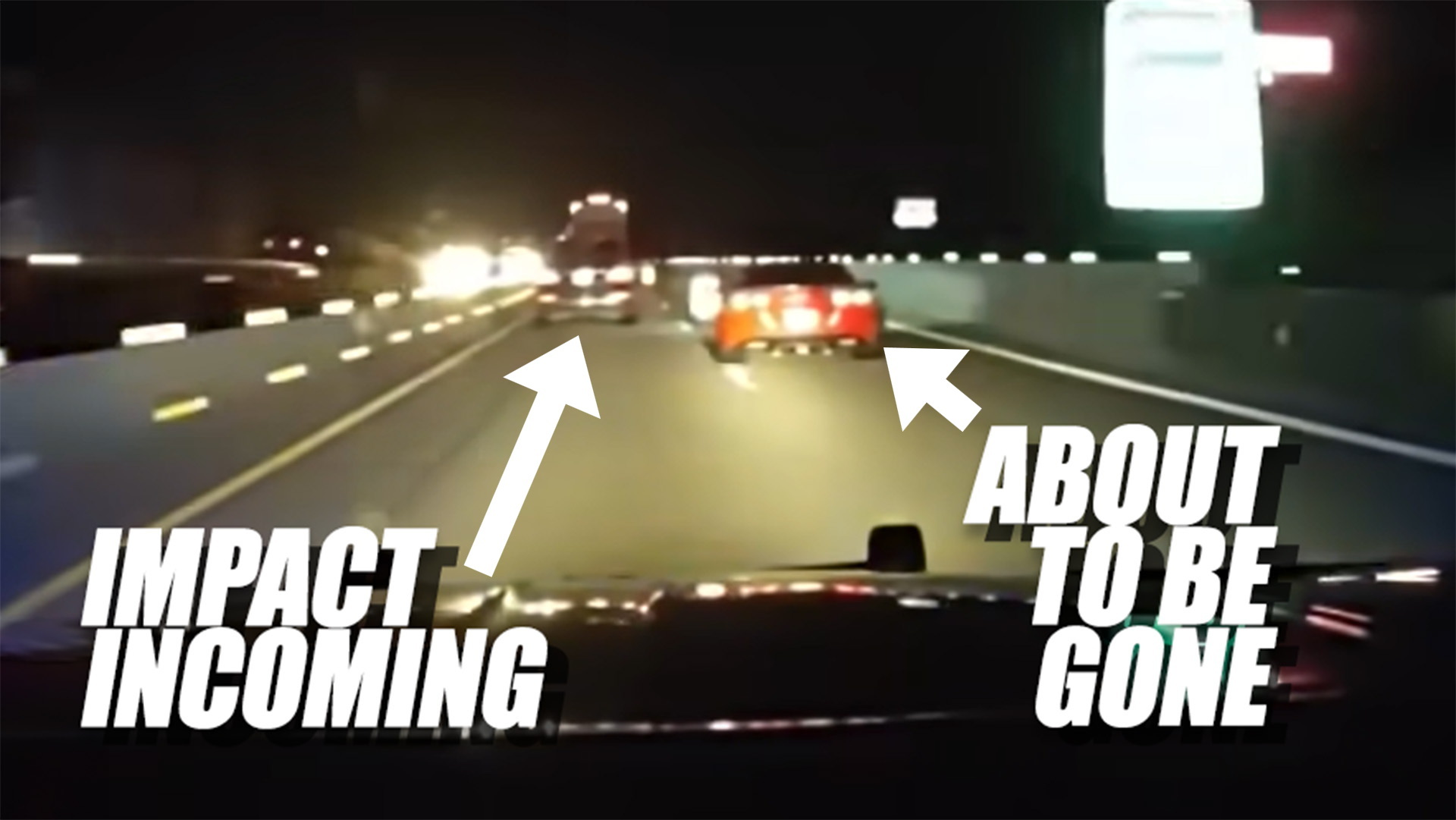Chase Gone Wild: How an Arkansas Police Pursuit Led to Chaos and Collisions

In a scene reminiscent of a high-octane action movie, a police chase in Saline County, Arkansas, escalated to dangerous speeds, resulting in a dramatic crash involving innocent bystanders. The incident, which unfolded on the busy Interstate 30, raises critical questions about the risks of high-speed police pursuits and the safety of everyone involved on the roads.
On July 20, 2024, a Saline County Sheriff set off in pursuit of a speeding Corvette. Allegedly clocked at 135 mph, the chase highlighted not just the recklessness of the Corvette driver but also the responses of law enforcement. What began as a typical traffic stop quickly spiraled into chaos when the officer's relentless pursuit turned into a catastrophic accident that left an innocent family's vehicle mangled and their safety jeopardized.
The Lead-Up to the Collision
The pursuit began when the sheriff identified the Corvette racing dangerously along the highway. Although the Corvette had a substantial lead, the officer maintained a breakneck speed in an attempt to close the distance. As captured in a video made public, the officer honed in on the suspect, weaving in and out of traffic and navigating through a construction zone filled with obstacles.
As speeds climbed and adrenaline surged, the chase intensified. The Corvette took advantage of the construction to navigate poorly marked pathways while escaping law enforcement which ultimately led the officer to make a split-second, disastrous decision. Despite the risk, the Corvette sped into a closed traffic lane, leaving the officer with little time to react.
The Collision
As the intensity of the chase reached its peak, the police vehicle collided with a Mercedes-Benz SUV, which was completely unsuspecting of the chaos enveloping the highway. The officer's vehicle slammed into the SUV, causing significant damage and sending shockwaves through the surrounding traffic. Fortunately, the occupants of the Mercedes appeared to escape with minor scratches, but the psychological impact of such a harrowing incident is likely to last far longer.
After the crash, the Corvette's driver fled the scene, abandoning the vehicle before law enforcement could apprehend him. Amidst the wreckage, anger simmered among onlookers and viewers of the footage who questioned the officer's judgment. Criticism pointed to the reckless nature of high-speed chases, suggesting that the police pursuit risked innocent lives for the sake of apprehending a single suspect.
Aftermath and Investigation
In the hours following the crash, the abandoned Corvette was discovered by construction workers who promptly reported the vehicle to the authorities. A follow-up investigation revealed that the driver, later identified as Baylen Moore, had reported his vehicle stolen. However, investigators pieced together evidence that contradicted his claims, including incriminating text messages that highlighted his involvement in the chase.
Law enforcement officials quickly acted upon this new evidence, charging Moore with false reporting, reckless driving, and tampering with evidence. According to detective reports, among the messages were exchanges indicating that he and his accomplices relished the thrill of the chase, calling into question the decisions that led to such reckless behavior.
Lessons Learned
The tragic incident serves as a vital reminder of the dangers associated with high-speed police chases—both for law enforcement and civilians alike. As police departments across the country grapple with maintaining public safety while carrying out their duties, the scrutiny placed on pursuits such as this heightens the conversation surrounding policy changes and improved training for officers.
Moreover, the potential for innocent lives to be caught in the crossfire of reckless driving and police pursuits underlines the importance of evaluating pursuit guidelines. Should law enforcement agencies revisit their strategies when dealing with high-speed chases? The haunting pictures of twisted metal and destroyed personal property beg for an answer.
Given the evolving nature of crime and driving behavior in the 21st century, it's crucial for police departments to re-examine their tactics and devise more thoughtful approaches. With innocent people's lives forever altered by reckless pursuits, the pressing question remains: What can be done to ensure that their risks are adequately mitigated in the future?